News

Sep 22, 2021
'Zombie Ant' sculpture brings interactive art to Penn State Behrend
Zombies! Ants! Parasitic fungus! The new augmented reality project at Penn State Behrend’s School of Science complex could serve as the set for a drive-in horror movie.
Full Article

Sep 20, 2021
BG student named semifinalist for genetics research award
The American Society of Human Genetics (ASHG) has selected Chen Wang, a graduate student from Penn State’s doctoral program in bioinformatics and genomics, as a predoctoral semifinalist for the 2021 Charles J. Epstein Trainee Awards for Excellence in Human Genetics Research.
Full Article

Sep 15, 2021
Modifying RNA: Crucial steps for adding chemical tag to transfer RNA revealed
The chemical steps in an important cellular modification process that adds a chemical tag to some RNAs have been revealed in a new study. Interfering with this process in humans can lead to neuronal diseases, diabetes, and cancers.
Full Article
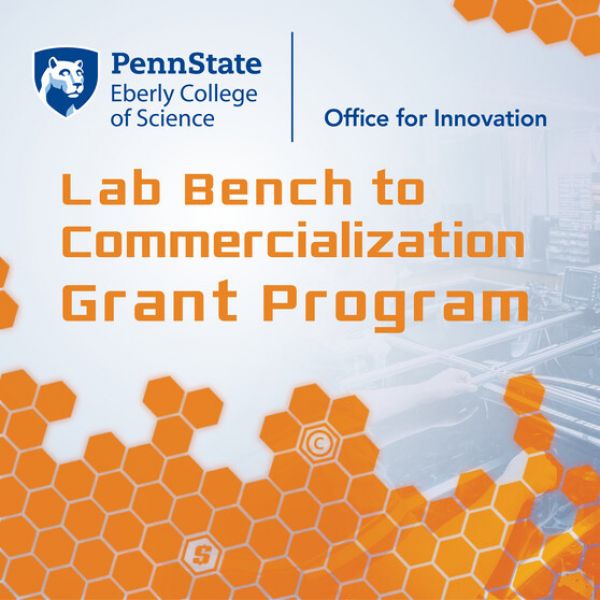
Sep 13, 2021
Eberly’s 2022 Lab Bench to Commercialization grant recipients announced
The Eberly College of Science has chosen faculty members Joyce Jose and Sally Mackenzie to receive its 2022 Lab Bench to Commercialization grants. This competitive program provides funding for researchers in the college, enabling them to enhance the commercial potential of ongoing Penn State research and prepare them to translate their Penn State-owned intellectual property to the marketplace.
Full Article
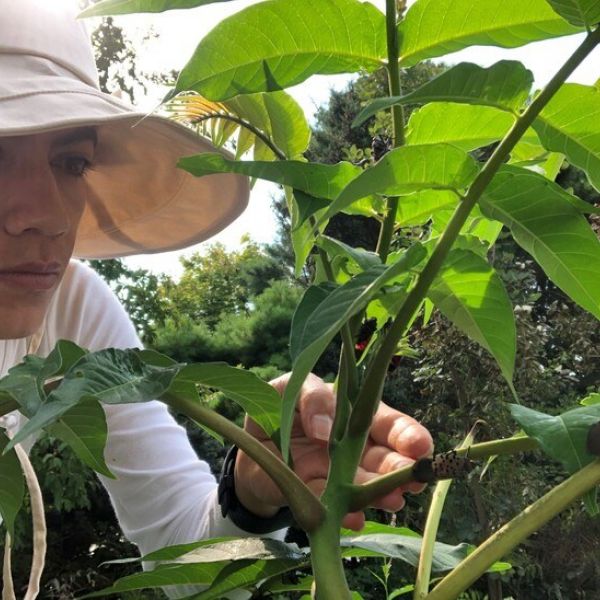
Sep 09, 2021
National society to recognize two Penn State entomologists
Two entomologists in Penn State's College of Agricultural Sciences will receive prestigious awards from the Entomological Society of America during its 2021 annual meeting.
Full Article
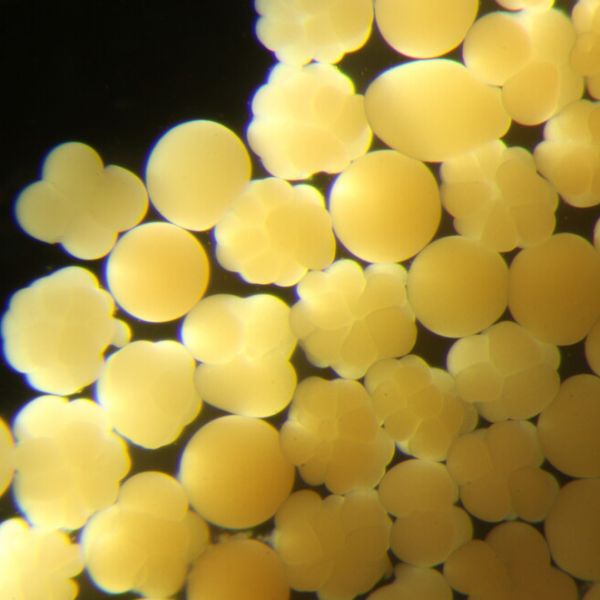
Sep 08, 2021
Long-distance relationships for endangered corals
Flash-frozen sperm collected from corals in Florida and Puerto Rico was used to fertilize coral eggs from hundreds of miles away in Curaçao. The technique could be used as a conservation tool by introducing genetic variation into endangered corals and potentially accelerating their adaptation to climate change.
Full Article
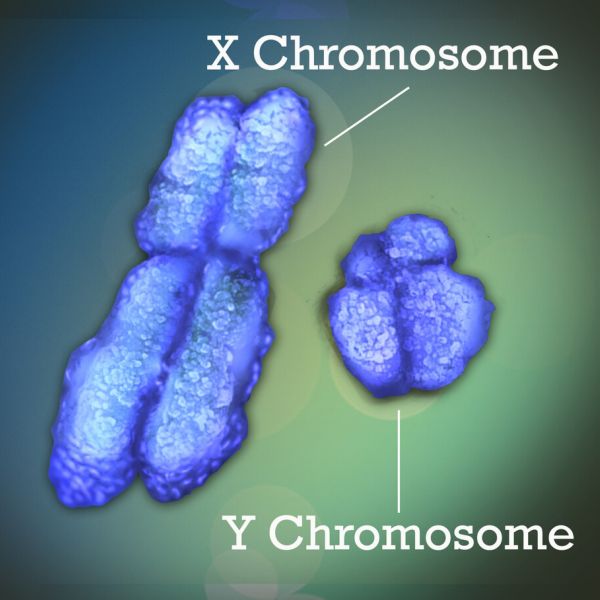
Sep 07, 2021
New tool reveals genetic influence of some sex-biased diseases, including lupus
Many human diseases can differ between males and females in their prevalence, manifestation, severity or age of onset. Examples include Lupus, where more than 80% of patients are females; Alzheimer’s disease, where females have higher incidence and tend to suffer quicker cognitive decline; and COVID-19 infections that are frequently more severe in males.
Full Article
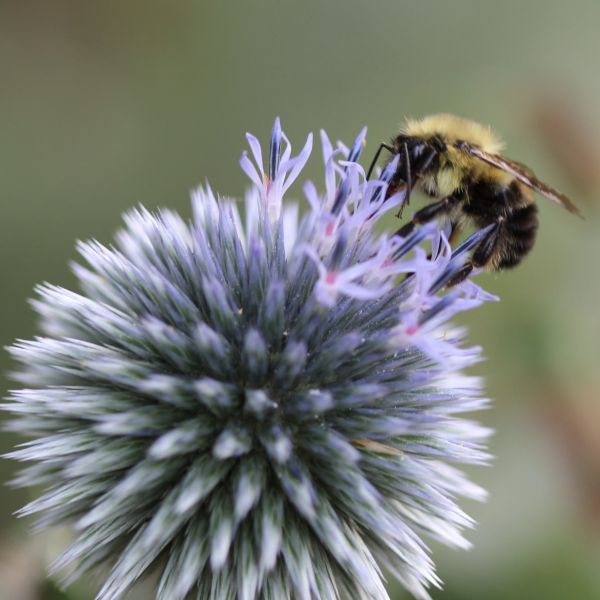
Sep 01, 2021
Penn State centers collaborate on pollinator education project
A recently awarded USDA grant will allow CPR researchers and Center for Science and the Schools partners to partner with elementary school teachers in Pennsylvania to develop cross-disciplinary curricula that support students in understanding pollinator research in the areas of food, agriculture and natural resources.
Full Article
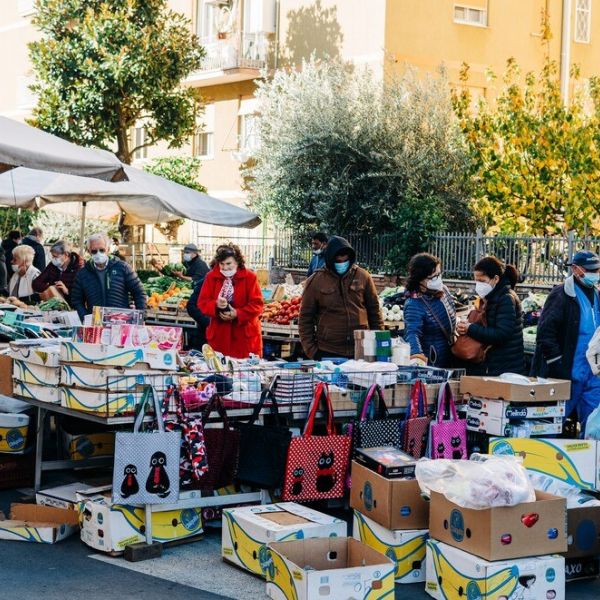
Aug 30, 2021
Staying home, primary care, and limiting contagion hubs may curb COVID-19 deaths
Staying home and limiting local travel, supporting access to primary care, and limiting contacts in contagion hubs — including hospitals, schools, and workplaces — are strategies that might help reduce COVID-19-related deaths, according to new research.
Full Article

Aug 26, 2021
Researchers use stem cells to make insulin-producing pancreatic beta cells
The human body can be genetically inclined to attack its own cells, destroying the beta cells in the pancreas that make insulin, which helps convert sugar into energy. Called Type 1 diabetes, this disorder can occur at any age and can be fatal if not carefully managed with insulin shots or an insulin pump to balance the body’s sugar levels.
Full Article